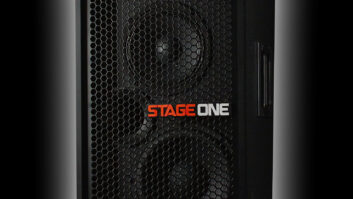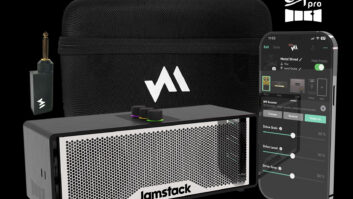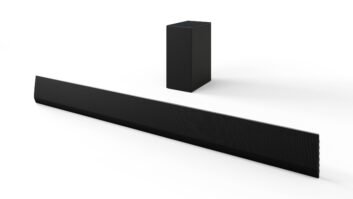The wireless industry hit turbulence last week when Sony unexpectedly said it would end its near-10-year presence in the North American wireless phone market, and Ericsson abruptly ousted president Sven-Christer Nilsson as part of a top-management shift in Sweden.
Falling handset shares and margins were behind both events, analysts said, but Ericsson has also been beset by problems in its landline- and wireless-infrastructure divisions, they pointed out.
Sony plans a September shutdown of its wireless sales and marketing operations in San Diego, resulting in the loss of 200 jobs. But the company set the stage for a possible return by maintaining CDMA R&D in San Diego and its 49% ownership stake in a U.S.-based CDMA handset factory whose other owner is CDMA inventor Qualcomm.
Sony will continue to market wireless handsets in Asia, Europe, and Oceania and sell a single pager in the U.S. through its personal audio/video group, which took on responsibility last year for Sony’s scaled-back pager effort. Sony entered the U.S. wireless-phone market around 1990 with the launch of analog-cellular car phones.
A Sony spokeswoman admitted it was “becoming more difficult to remain competitive in the North American market.” The company is closing out its handset inventory, which she described as “not too much.” In the New York City market, Bell Atlantic has already begun promoting a dual-mode 800MHz Sony handset at $69.99. It was previously priced at $149.99.
Despite Sony’s declining market share, the company’s departure came as a surprise to many analysts, in part because Sony hired a new president early this year for its San Diego-based wireless company, called Sony Digital Telecommunications of America. In addition, about a month ago, Sony Electronics U.S. president Teruaki Aoki said he expected Sony’s wireless performance to improve this year.
In March, however, Sony also announced a worldwide plan to streamline operations.
Gartner Group analyst Matt Hoffman called Sony’s wireless decision “premature” given that the company “is playing in the fastest growing segment [CDMA] in the U.S. wireless market.” Sony, which markets only CDMA handsets, “needed to figure out their [product and marketing] issues, not abandon the segment,” he claimed. Sony placed seventh in U.S. handset share in the first quarter, followed by Mitsubishi, LG and NEC, he said.
In recent years, CDMA sales were hampered by the slow rollout of CDMA networks in the U.S., Hoffman said. But with the networks expanding and with more aggressive promotions by carriers, CDMA became the best-selling handset technology in the U.S. for the first time in the first quarter of this year.
Analyst Herschel Shosteck attributed Sony’s abrupt departure in large part to the pummeling that CDMA wholesalers have been taking at the hands of Korean manufacturers, particularly Samsung. “Their products were not well-accepted because they were more expensive at retail, and the U.S. is a bottom-line market,” he explained.
As a result, Sony handsets were offered in far fewer stores than major competitors’ handsets. In March, Shosteck said, Nokia handsets were available in 81% of the outlets selling wireless handsets, followed by Motorola with 80%, Ericsson with 38%, Qualcomm with 36%, Audiovox with 27%, and Sony with 23%.
Shosteck said Sony also suffered from its “premature” departure from the analog handset market about three years ago.
As a result, Sony’s U.S. handset share was only 3.6% in units in 1998, Shosteck estimates. The company’s digital-handset share fell during that time to 7.6% from 13.6%.
Ericsson’s handset share also shrank during that time in the U.S. and worldwide, he said. The company’s worldwide share fell to 14.7% in 1998 from 1997’s 16.2%, he estimates.
Analysts blame slow new-product development, Nokia’s growth, and the start of a Motorola comeback for Ericsson’s slippage, and several months ago, the company launched a restructuring program conceived by Sven-Christer Nilsson, president and CEO, but Ericsson’s board said it was dissatisfied with the pace of implementation, a spokesperson said.
Ericsson’s board appointed executive VP Kurt Hellstrom as president. Chairman Lars Ramqvist adds the CEO title.













